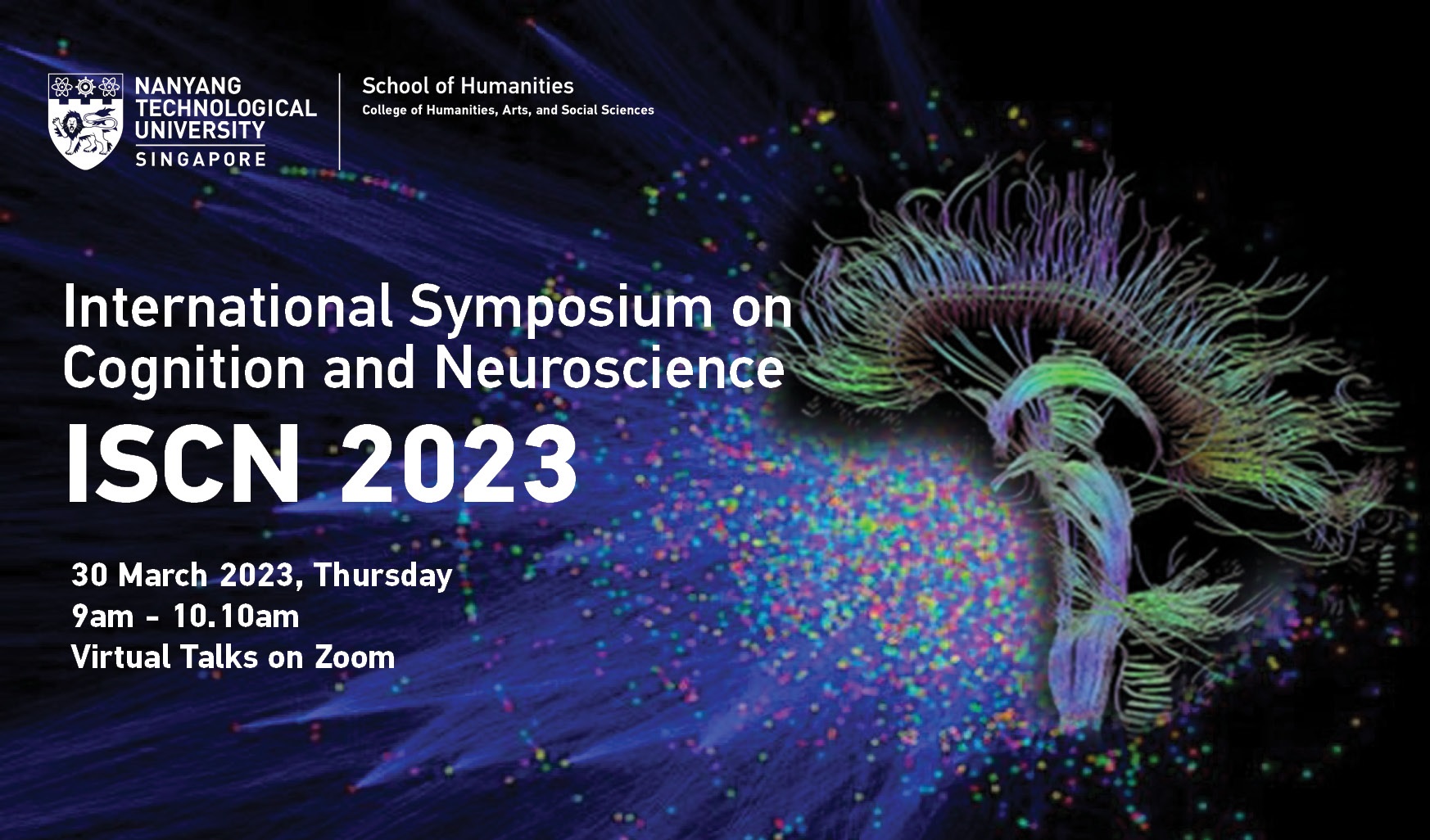International Symposium on Cognition and Neuroscience ISCN 2023

Invited talk: Meta-linguistic intervention in Chinese children with and without dyslexia
Dyslexia intervention is effective in alphabetic languages, if it involves training in phonological awareness. Chinese is a markedly different writing system, where other meta-linguistic skills, such as morphological and orthographic awareness play also an important role. We devised a meta-linguistic intervention in Chinese that includes training in the use of phonetic and semantic radicals and morphological compounding. In two studies with typically developing children and children with dyslexia, we compared meta-linguistic training to training in working memory and assessed benefits in reading and literacy-related cognitive skills. Results of these studies are reported and discussed.
Joanne Arciuli, Ph.D.
Invited talk: What I have learnt from more than twenty years of research on statistical learning
Research on statistical learning (SL) has expanded significantly in recent decades. Some of the key issues I reflected upon many moons ago, and are now attracting much attention, include the extent of individual differences in SL and the nature of SL as a multi-component process (Arciuli & Simpson, 2011, and later in Arciuli, 2017 and Arciuli & Conway, 2018), its developmental trajectory (Arciuli & Simpson, 2011), and longitudinal outcomes with regard to its role in language acquisition (Arciuli & von Koss Torkildsen, 2012). With regard to language acquisition, I proposed a link between individual differences in SL and written language acquisition, especially reading ability in English and other languages/orthographies around the world (Arciuli & Simpson, 2012 and later Arciuli, 2018, among other papers), which might operate directly and also indirectly via the link between SL and oral language (because it is well known that oral language skills contribute to written language skills). In this talk I will present new results that shed light on some of these issues.
Registration by 29 March, 2023














/enri-thumbnails/careeropportunities1f0caf1c-a12d-479c-be7c-3c04e085c617.tmb-mega-menu.jpg?Culture=en&sfvrsn=d7261e3b_1)

/cradle-thumbnails/research-capabilities1516d0ba63aa44f0b4ee77a8c05263b2.tmb-mega-menu.jpg?Culture=en&sfvrsn=1bc94f8_1)
